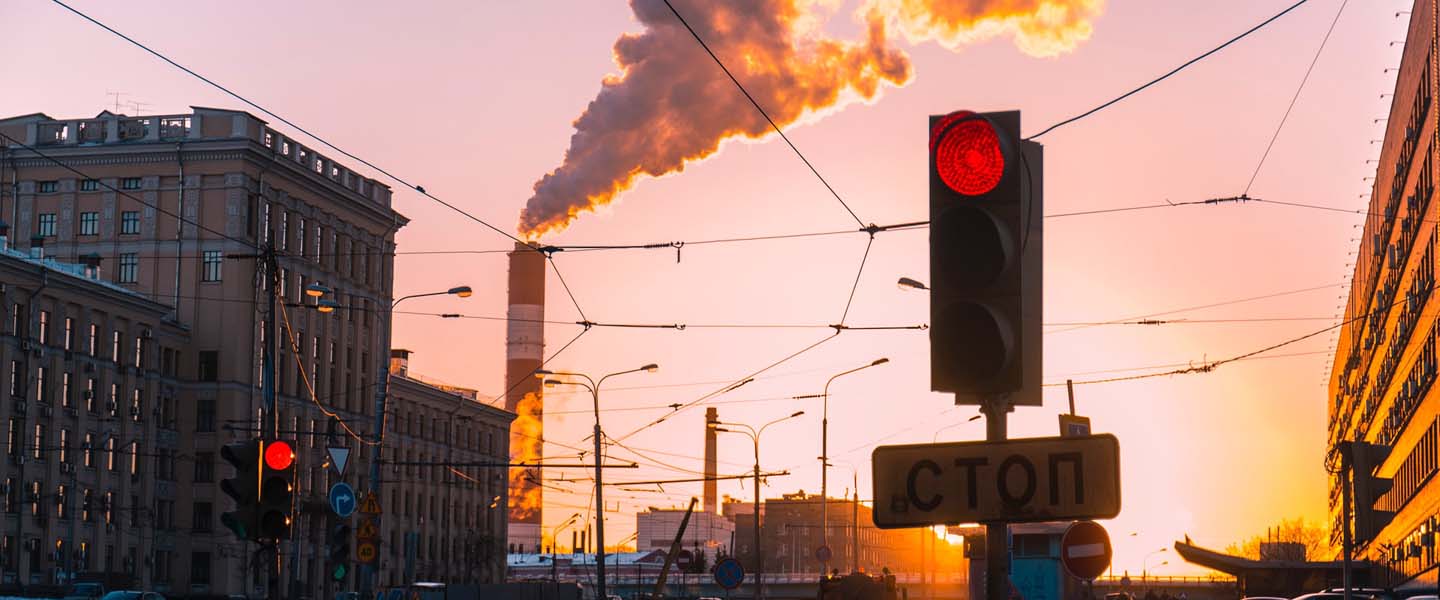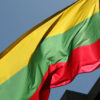Despite the apparently united front, there is a growing split in the West, and especially in Europe, towards Russia and the war in Ukraine. On one side there is the pro-ceasefire ‘realism camp’, also known as the ‘peace camp’, although this is a misnomer, in the war that Putin started. These are the people –Emmanuel Macron, Olaf Scholz and Mario Draghi– who argue that Russia should not be allowed to win, but nor should it be humiliated, since this will not ensure a stable order for the future, and economies battered by inflation and other ills will not recover. On the other side there is what the Bulgarian intellectual Ivan Krastev calls the ‘justice camp’, those who want Russia to lose and be reduced to a position that would render this type of aggression and adventurism impossible. They believe that time is against Putin and his wavering strategy. Many Eastern countries take this stance, as of course does the Ukrainian President, Volodymyr Zelensky, in whose hands the decision lies, in principle if not in reality.
The concept of humiliation, so familiar to good bullfighters entering into combat against a proud animal, is intimately linked to how the war ends. Russia has already suffered humiliation in the process. Its blitzkrieg assault on Kyiv failed, it has struggled to advance in the Donbas and elsewhere –although it is now making headway– and its economy, armed forces and public consumption have been hit by Western sanctions. These are, however, just that, Western, and have not been applied by the rest of the world. The Global South views it as a ‘remote war’, despite being affected (above all by the food crisis and the inflation it has unleashed). Russian weakness will endure. But what matters now is how the war ends, if it can end. And for it to end means both parties forfeiting something. Approaching his 100th year the perspicacious Henry Kissinger upset the Ukrainian government considerably by saying at the Davos Forum that Ukraine would have to renounce part of its territory in exchange for a ceasefire. Zelensky himself has at times, however, hinted that he would be satisfied with a return to the situation prior to 24 February, when the Russian invasion began. Even this would be difficult to achieve.
If the focus is restricted to public diplomacy, the French President, Emmanuel Macron, addressed the European Parliament on 9 May, Europe Day, and talked about never giving in ‘to the temptation of humiliation, nor the spirit of revenge’, which infuriated Zelensky, one of whose favourite words is ‘reality’. Macron, thinking in the short and long term, rowed back to some extent on 10 June when he declared himself in favour of ‘the victory of Ukraine’. He often talks to Putin, but at least on one occasion the Russian president has had to remind him that it is the US rather the French President who calls the shots. Putin shows no signs of seeking a ceasefire now that his forces are gaining terrain. The German Chancellor Olaf Scholz, who also makes calls to Putin (sometimes with Macron), pursues a muddled policy, leading a government that harbours disparate sensitivities, but he also advocates a ceasefire, depriving him of credibility in the eyes of his northern and other partners. The Italian Prime Minister, Mario Draghi, has put forward a four-point plan (ceasefire and demilitarisation of the fronts, guaranteed neutrality for Ukraine, bilateral clarification of Crimea and the Donbas, and a peace deal between the EU and Russia, with withdrawal from Ukraine and gradual lifting of sanctions). All these scenarios envisage securing a ceasefire and negotiating some kind of treaty. As Kissinger said, it would involve a loss of territory for Ukraine, a situation we have not yet reached. The leaders of the EU’s three largest countries are concerned about the stability of Europe and the health of its economies. There is a good deal of domestic politics –the attainment of their socio-economic and geopolitical programmes– in their foreign policies. But this is always the case.
Meanwhile, the northern and Baltic states, Poland and, outside the EU, the British Prime Minister Boris Johnson, are among the most bellicose, more so even than Washington would like. There is, in other words, a division in Europe that, despite the agreements on sanctions against Russia, may widen if the war drags on. It is faintly reminiscent of the division between what the then US Defense Secretary, Donald Rumsfeld, referred to as ‘old’ and ‘new’ Europe during the illegal and irresponsible US invasion of Iraq; although in this case Orban’s Hungary, which is highly dependent on Russian energy, anti-European and illiberal, places itself more in the former, and tries to pursue its own agenda. Spain is performing a balancing act to ensure it emerges from the forthcoming NATO summit in Madrid with credit, both generally and in terms of its vision for the South, a South that has become something of a headache.
In the US there are opinions to suit all tastes. It is worth recalling that the Secretary of Defense, Lloyd Austin, is on record as saying ‘we want to see Russia weakened to the degree that it can’t do the kinds of things that it has done in invading Ukraine’. Although he was later overruled and clarified his remarks, the view that is taking hold in the current US administration is that of securing ‘strategic defeat’ or at least a ‘strategic failure’ for Russia in Ukraine –there is no official definition of what this comprises– that would not exceed the borders established in 2014 with the annexation of Crimea and the occupation of part of the Donbas. The new economic and military aid announced in Washington, which dwarfs European aid, is set to hasten this outcome. For the US it is a case of engineering a strategic blunder in its own right and weakening the link with China, a country whose growing power on all fronts is what really concerns Washington. There is, however, a limit when dealing with Russia: avoiding any direct confrontation between NATO and Russia, or a military escalation into chemical and nuclear terrain.
These divisions or contradictions between allies will become increasingly evident and difficult to manage within the EU and NATO if the war drags on. Simultaneously satisfying the realism camp and the justice camp is no easy feat, let alone achieving a ceasefire or an end to the war that proves long-lasting. Were the war to end, more or less in the current situation, it would not represent a great victory for Putin, but nor would it be a great humiliation. The humiliation might come later with his and Russia’s role in the new European order, and what happens with the sanctions. NATO is another matter altogether. By invading Ukraine, Putin has rescued the Atlantic Alliance from its own humiliation caused by its hasty withdrawal from Afghanistan and has breathed new life into the organisation. The question now is not how long this will last but how far it will go. The answer may come at the Madrid summit in two weeks.
Image: Red traffic light on a Moscow Street in Russia. Photo: Alexander Popov (@5tep5).



